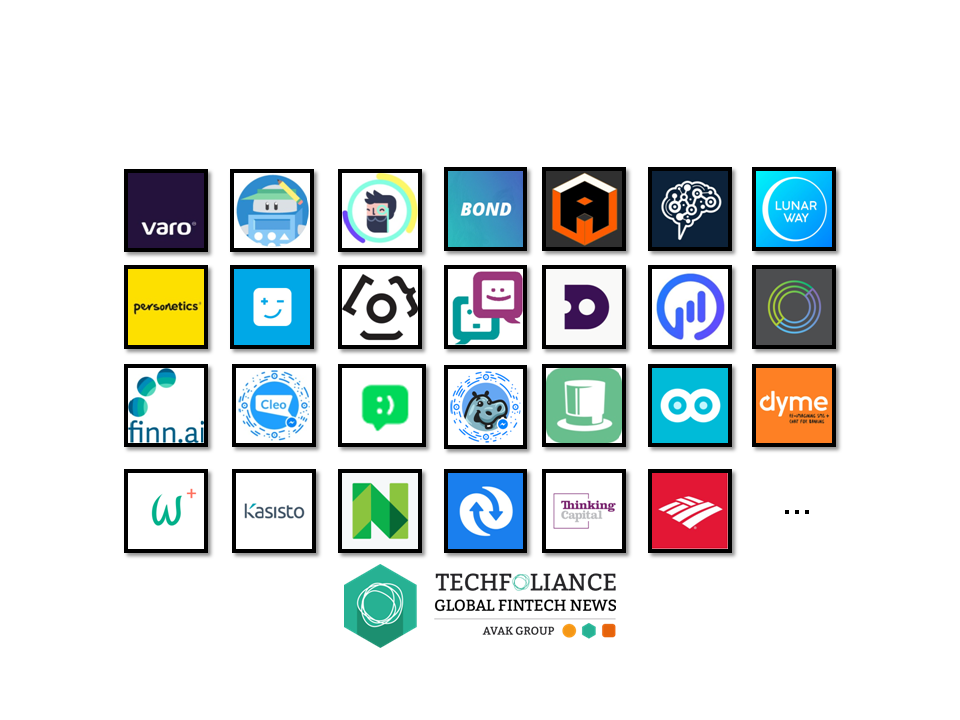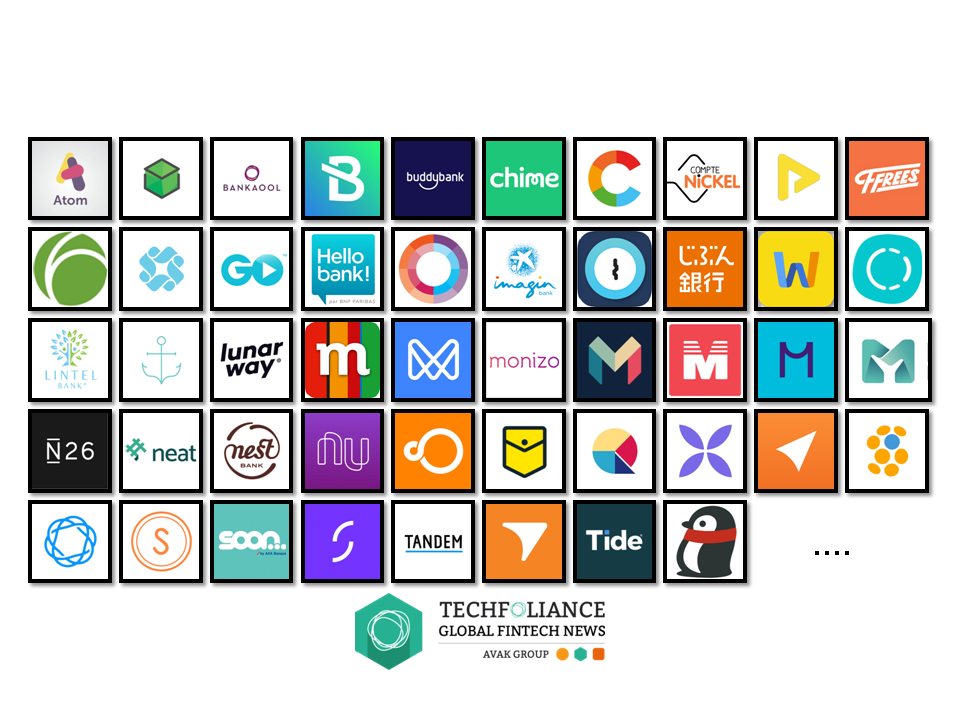
Artificial Intelligence has caught the attention of the world, including financial institutions. While AI-based FinTech solutions may not get the same attention than autonomous cars or robot dogs, its impact will undoubtedly be felt.
MORE DATA WITH INVYO ANALYTICS
Access free demo now
AI-based FinTech solutions will both save financial institutions billions in cost and create billions in additional revenues, potentially creating more than a trillion in additional profits in the financial services industry.
A study done by Accenture showed that the implementation of AI in the financial sector could lead to a 31% increase in profitability rates by 2035.[1] Moreover, AI will allow to customize financial services delivered to clients, leading to an enhanced customer experience.
USE CASE 1: AI for fraud detection
Fraud detection and management is imperative for financial institutions now more than ever, as they are faced with new and more sophisticated threats to client data and security breaches. Banks could face fines of more than a billion dollar for failing to meet government standards against money laundering, GDPR regulations and other financial crimes. This has lead to a drastic increase in anti-fraud efforts by banks, many of which have proven to be time consuming and costly.
However, with the rise of AI-based FinTech solutions, banks now have the opportunity to fight against fraud more effectively, effortlessly and at a fraction of the cost.
Example: Ayasdi by HSBC

HSBC is an extreme example of the costliness of not being compliant with AML laws; the company was fined $1.9 billion for its failure to control money laundering.
As part of its effort to prevent this from happening again, HSBC implemented Ayasdi’s solutions. Ayasdi is a FinTech venture that provides anti-fraud solutions to banks. They found that many of the world’s best banks had false positive rates of up to 95% or higher. Using Ayasdi’s AML solution, HSBC found a reduction of 20% in false positives, without reducing the number of cases reported for suspicious activity.[2]
Thus, HSBC was able to save thousands of hours investigating compliance risks and in addition HSBC met many of the government required compliance regulations, saving them from being subject to further government-imposed fines.
The ability of AI to make such a significant impact on fighting against fraud will save financial institutions immense amounts of money and will ensure that their clients’ money and personal information is safe.
USE CASE 2: AI for big data mining
Another key use case for AI in financial institutions is big data mining and process improvement. Banks are flooded with consumer data, legal documents, etc. and are unable to review or analyze a fraction of the information they hold. FinTech ventures that utilize AI are able to drastically reduce the time it takes financial institutions to analyze their data and improve their processes, while also freeing their employees from working on mundane tasks.
Example: COIN by JP Morgan

JP Morgan implemented a program called Contract Intelligence (COIN), an AI system tasked to analyze documents quicker and decrease errors made while analyzing these document.
COIN was able to analyze 12,000 annual commercial credit agreements in a matter of seconds.
Prior to utilizing COIN it took JP Morgan employees 360,000 hours to analyze the same amount of documents.[3] Using COIN, JP Morgan was also able to reduce errors made in analyzing the documents.
The application of AI solutions is and will continue to save financial institutions time and money on tasks that are mundane but necessary.
USE CASE 3: AI for back-office operation
Lastly, AI FinTech solutions have proven that they can have an immense impact on financial institutions in back-office operation. AI also has great potential to improve user experience with financial institutions through client facing solutions.
A recent survey reported that[4]:
76% of bankers “believe that in the next three years, the majority of organizations in the banking industry will deploy AI interfaces as their primary point for interacting with customers.”
A common use case for AI in the front office is customer service bots. However, more advanced technologies have lead to a wider variety of solutions such as automated advisory assistants that take into account the clients’ interests, financial portfolio, financial history, and desire risk to offer them individualized investment strategies.
These solutions provide clients with in-depth, personalized services; allowing financial institutions to create more value for the client, without sacrificing time spent of its employees.
On May 28th, FinTech-Aviv will host a summer kick-off event at Rise Tel Aviv that will be focusing on AI-based innovations for the Financial Industry; visit the FinTech-Aviv meetup page to register; the event will also be broadcast live on the FinTech-Aviv Facebook page.
Want more data about fintech startups? Access your own dashboard with INVYO Analytics or Sign up for free now.
[1] Purdy, Mark. “How AI boosts industry profits and innovation.” Accenture. 2017.
[2] Irrera, Anna. “HSBC partners with AI startup to combat money laundering.” Reuters. 1 Jun 2017.
[3] Rieker, Falk “Why 2017 was pivotal for AI transformation in the financial industry.” CIO. 18 Dec, 2017.
[4] McIntyre, Alan. “Banking Technology Vision 2017.” Accenture. 2017.













